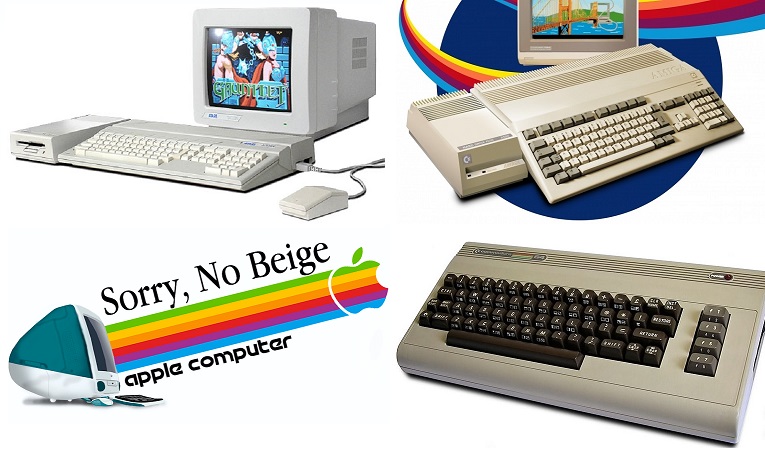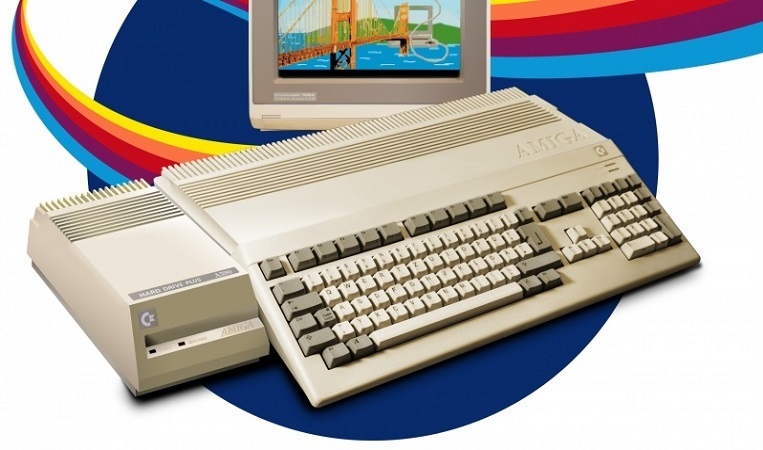
Tramiel’s departure from Commodore in 1984 had far-reaching consequences, both for the company and the ICT industry as a whole. However, let’s imagine an alternate reality in which Jack Tramiel never left Commodore. What would have been the impact of his continued leadership on the company’s trajectory, its products, and the broader computing landscape? To comprehend the potential implications of Jack Tramiel’s sustained presence at Commodore, it’s essential to revisit his contributions and management style during his career. Tramiel was known for his focus on affordability and efficiency, as evident in the company’s flagship product, the Commodore 64. His approach democratized computing and made it accessible to a wider audience, leading to record-breaking sales and fostering a strong community of users. Tramiel’s departure in 1984 was a turning point, coinciding with the launch of the Amiga computer. In that same year Jack Tramiel, saw an opportunity in the struggling Atari. His acquisition of Atari from Warner marked a significant shift in computing.

This is the first big mistake by Commodore in the end, and already the beginning of the end for the Amiga in achieving world dominance. Almost 3,000,000 consumers decided to buy an Atari, not the Amiga, just imagine for a second how the market gain for Commodore-Amiga would have been! Furthermore, with Tramiel’s inclination toward innovation, it’s plausible that he would have recognized the potential of the Amiga platform more effectively. Rather than facing the challenges it did after his departure, Commodore under Tramiel’s leadership might have successfully marketed the Amiga as a premium computing experience, potentially leading to its earlier mainstream adoption and integration into various industries, such as graphics, video production, and gaming. Commodore’s rivalry with Apple(during the C64 era), which was led by Steve Jobs during the same era, might have intensified. Tramiel’s leadership could have propelled Commodore to challenge Apple’s dominance, leading to the creation of more innovative products and perhaps even altering the course of the Macintosh vs. Amiga narrative.

In the history of technology, certain figures are pivotal in shaping the trajectory of companies and industries. Jack Tramiel’s departure from Commodore in 1984 was a turning point that altered the course of personal computing history. However, by envisioning a world where Tramiel never left, we can glimpse an alternate reality in which his leadership style, emphasis on affordability, and innovative spirit continued to guide Commodore’s journey. In this hypothetical scenario, Commodore’s product lineup could have thrived, the Amiga’s potential might have been maximized, and the company’s competitive position could have been more robust. Tramiel’s impact could have extended beyond Commodore, influencing industry trends and discussions on accessibility and affordability. Ultimately, the legacy of Jack Tramiel’s continued leadership at Commodore would have undoubtedly shaped the evolution of personal computing and left an indelible mark on the technological landscape we know today.














